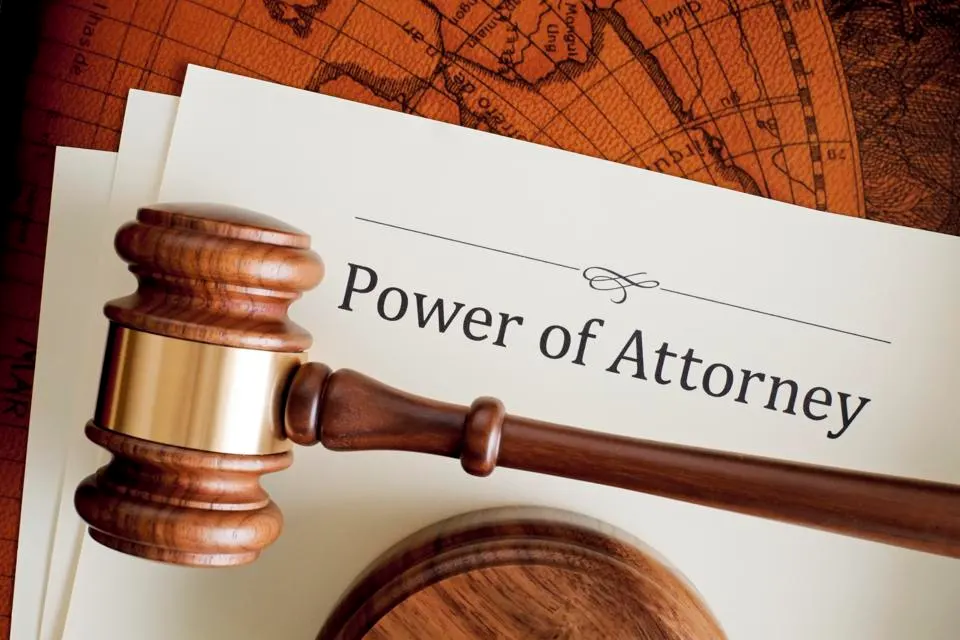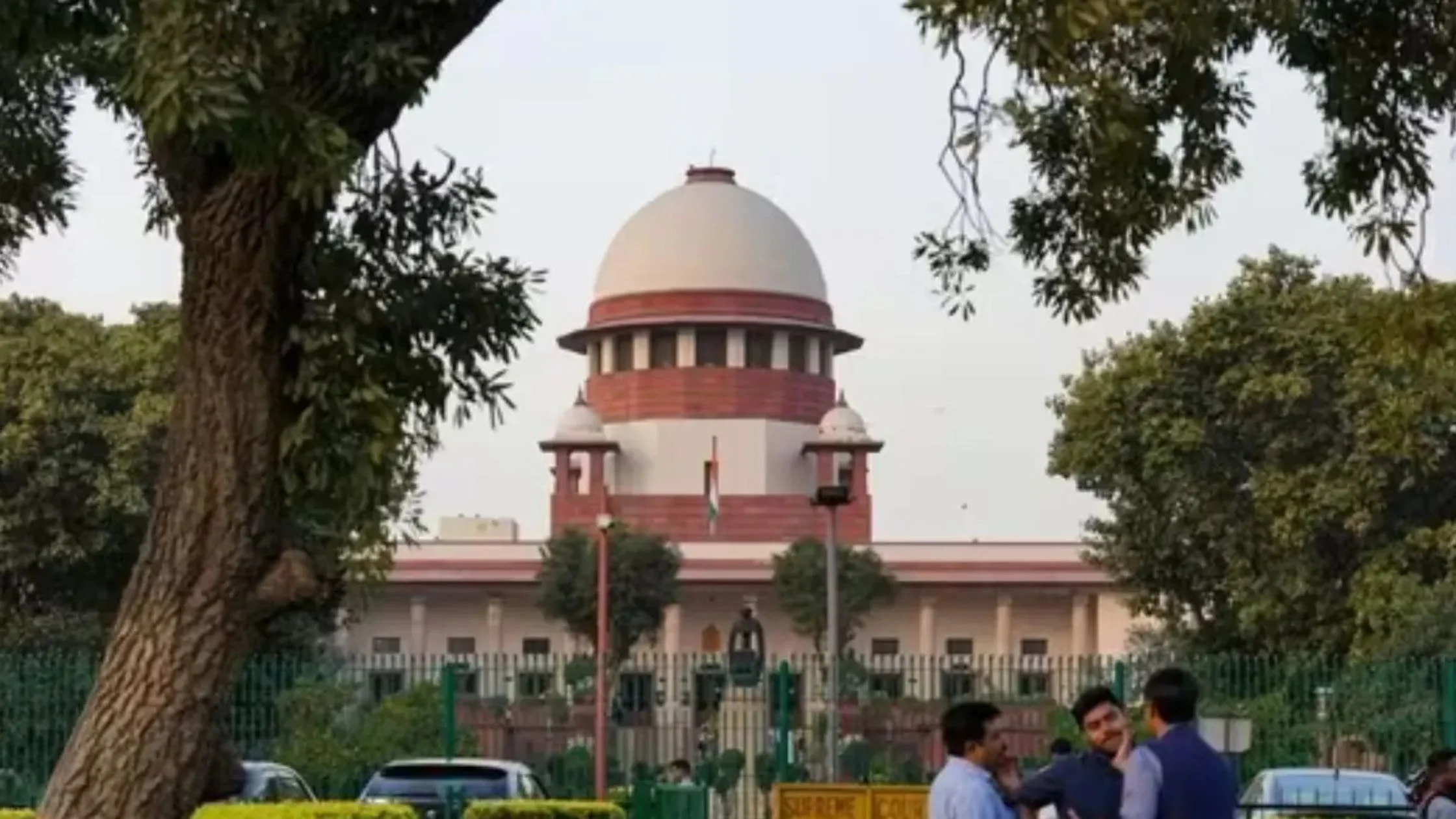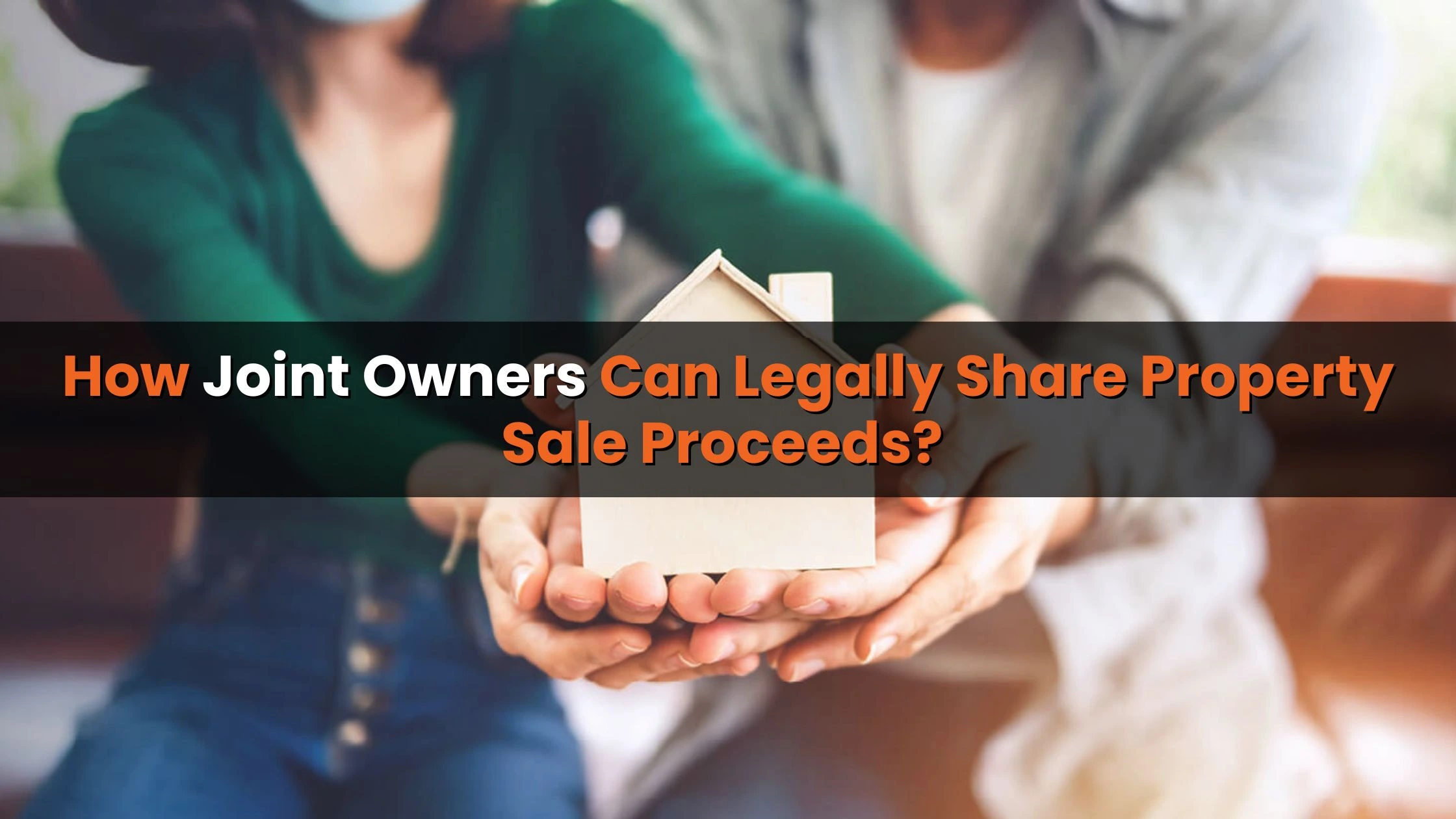Table of Content
▲
A Power of Attorney (PoA) is a legal document that bestows the authority upon an individual to represent another person in matters such as finance, law, or personal affairs. Governed by the Power of Attorney Act of 1882, this document serves as an authorization allowing a chosen person (agent) to act on behalf of and in the name of the individual creating the PoA (principal). The designated agent, also known as the attorney-in-fact or PoA holder, possesses the granted authority. To learn more about the procedure for revoking a Power of Attorney, read on.
Power of Attorney (PoA): Types
Power of Attorney (PoA) is of two types in India, as outlined below:
- General power of attorney: This category grants the agent the power to represent the principal in all legally permissible matters. The agent may be authorized to undertake a range of responsibilities, such as representing the principal in legal disputes, selling property, endorsing checks, buying stocks, leasing real estate, appointing caretakers for assets, and other related tasks.
- Specific power of attorney: This variant grants the agent authority over a specific subject or matter on behalf of the principal. For instance, a specific PoA may restrict the agent to only collect rents from a property. In such cases, the agent is not permitted to sell the property or extend its rental duration. An agent holding a specific PoA is confined to decisions related to the specific matter and cannot overstep into general legal matters.
Also Read: Who Can Challenge a Will, How to Do So, and Other Details
When can you revoke Power of Attorney (PoA)?
Although the laws and contracts governing Power of Attorney (PoA) in India do not explicitly outline rules for revocation, the courts have identified specific situations in which both general or specific PoAs can be canceled or revoked. Various methods for revoking a Power of Attorney include:
Acts of the principal
- The principal can revoke the PoA at his own discretion by expressly revoking the authority.
- Termination may occur when the purpose for which the PoA was granted has been fulfilled.
- Revocation is possible if the agent becomes insolvent or is deemed of unsound mind.
Breach of contract
The principal retains the authority to annul a Power of Attorney (PoA) when there is gross mismanagement by the agent, violations of contractual terms, or actions exceeding the granted powers. In situations involving an ostensibly irrevocable PoA, revocation remains a viable option by issuing a notice in the case of significant breaches. If required, the principal has the option to petition the relevant court in the jurisdiction for the revocation of an ostensibly irrevocable PoA.
Also Read: Property frauds: Nine indicators that you are about to fall into a trap
When can’t you revoke Power of Attorney (PoA)?
Revoking a Power of Attorney (PoA) becomes challenging if the agent has a vested interest in the PoA's subject matter, as the principal cannot do so without the agent's consent. According to Section 202 of the Indian Contract Act, if the agent gains an interest in the subject matter of the PoA, the principal is restricted from revoking the PoA to prevent harm to the agent's interests.
How can Power of Attorney (PoA) be revoked?
The process for revoking or cancelling a PoA involves the following steps:
- Drafting a deed/notice of revocation: The principal must create a deed or notice of revocation outlining the reasons for revoking the PoA, the effective date, and the consequences of the revocation.
- Serving the deed/notice to the agent: The deed or notice of revocation should be duly served upon the agent to initiate the revocation procedure.
- Publication in a newspaper: To inform individuals with whom the agent is interacting on behalf of the principal, the deed or notice of revocation should be published in a local or national newspaper.
- Registration of cancellation deed: The same authority that registered the original PoA must register the cancellation deed of the PoA.
- Informing the agent: A copy of the cancellation deed should be sent to the agent to notify them of the registration of the revocation.
- Public announcement: A publication of the registered cancellation deed should be made in a newspaper to inform public that the agent’s powers have been revoked.
- Notifying interacting parties: Copies of the cancellation deed should be sent to individuals with whom the agent has been conducting business on behalf of the principal, instructing them to cease any further dealings with the agent.
- Automatic revocation: The PoA automatically gets cancelled or revoked in the event of the principal’s or agent’s death, insanity, insolvency, or when the primary purpose of the PoA has been fulfilled.
Also Read: How to file TDS on property in 2024?


_1770632737.webp)






Ans 1. Yes, generally, the principal has the authority to revoke a PoA at his discretion. However, certain conditions or circumstances, such as the agent having an interest in the subject matter, may restrict the revocation without the agent's consent.
Ans 2. The initial step involves drafting a deed or notice of revocation. This document should specify the reasons for revocation, the effective date, and the potential consequences of the action.
Ans 3. Yes, it is crucial to serve the deed or notice of revocation to the agent. Proper communication is essential to initiate the revocation process and keep all parties informed.
Ans 4. Yes, the cancellation deed of the PoA must be registered with the same authority that registered the original PoA. Additionally, a publication in a newspaper is often required to inform the public and those dealing with the agent.
Ans 5. Yes, a PoA can be automatically revoked in certain circumstances such as the death, insanity, or insolvency of the principal or agent. Additionally, if the primary purpose for which the PoA was granted has been fulfilled, it may be considered automatically revoked.